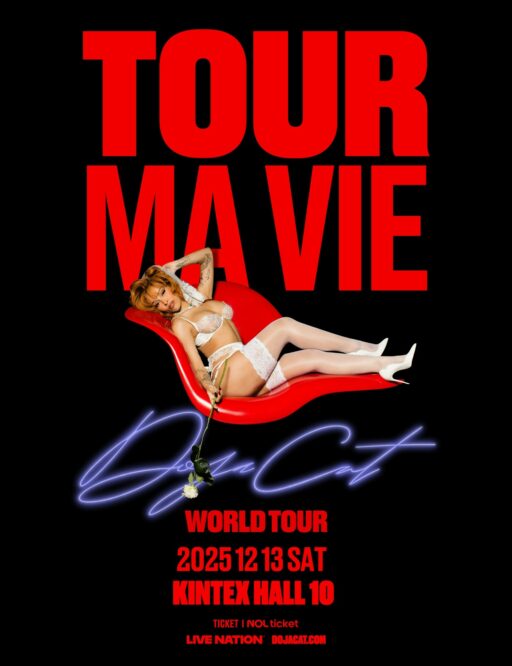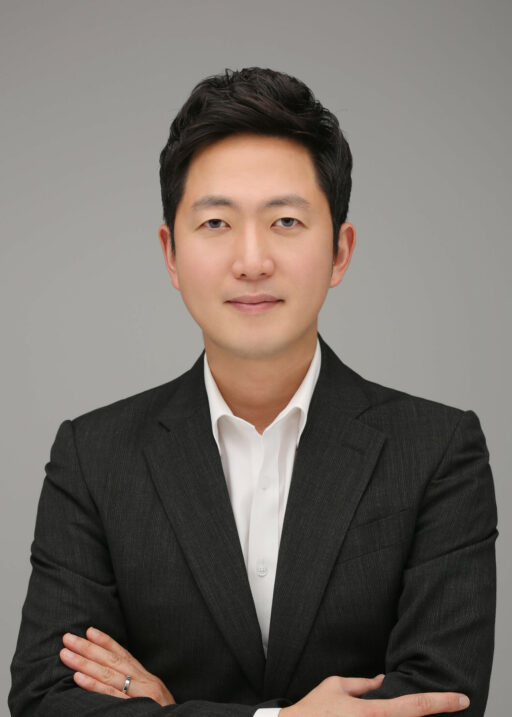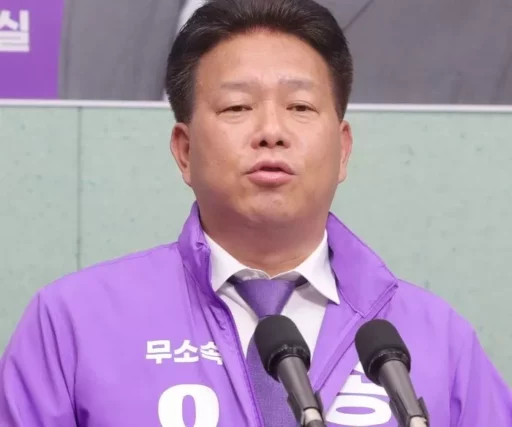Push for Tattoo Law Faces Strong Opposition from the Medical Community
As lawmakers move to legalize non-medical tattoo services, the medical community has expressed strong opposition.
The Korean Medical Association (KMA) called for the immediate withdrawal of the tattoo law bill during a briefing on the 21st.
The KMA raised concerns, stating, "The tattoo law is a reckless attempt that undermines the foundation of medical law and poses a serious threat to the health and lives of the public."
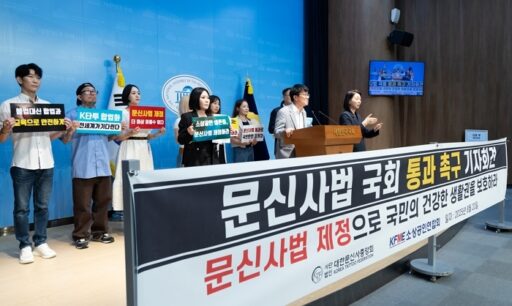
This reaction follows the approval of the tattoo law bill that legalizes non-medical tattoo services by the National Assembly's Health and Welfare Committee's Second Subcommittee the day before.
Discrepancy Between Legal Status and Reality of Tattoo Services
Tattoo services have only been permitted for doctors since a Supreme Court ruling in 1992 that categorized eyebrow tattoos as medical procedures.
The Constitutional Court also upheld this stance by rejecting a constitutional petition filed by the Tattoo Union in 2023, with a 5 to 4 vote.
However, it has been pointed out that most cosmetic tattoo procedures are performed by non-medical individuals, leading to a significant gap between the law and real-life practices.
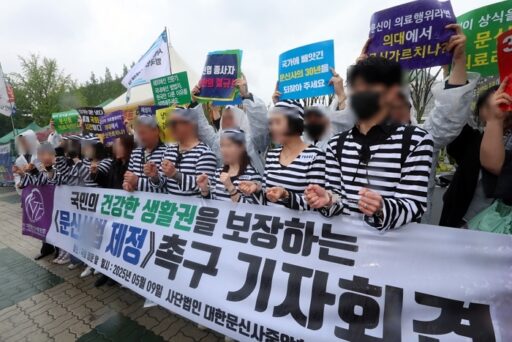
Claims have also been made that tattoo services being performed without legal foundation threaten consumer safety and exacerbate harm.
In response, there has been movement towards establishing the profession of "tattoo artist" through the enactment of the tattoo law, as well as managing and regulating qualification requirements, licensing procedures, health regulations, and work scopes.
This aims to bridge the gap between reality and law while enhancing the safety of tattoo services.
Concerns and Warnings from the Medical Community
However, the KMA strongly objects, emphasizing that tattooing involves the injection of permanent pigments into the skin and is a medical procedure.
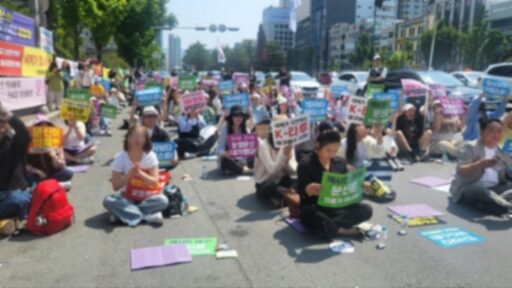
The KMA pointed out, "Tattoo procedures can involve severe side effects such as infections, allergies, and shock. Allowing non-medical individuals, who cannot provide expert medical response in emergencies, to perform these procedures is irresponsible legislation that jeopardizes public lives."
Furthermore, the KMA warned that if this bill passes, the definition and scope of medical practices will be effectively undermined, creating a higher likelihood of similar legislation for other dangerous procedures, thus threatening the healthcare system.
Lee Jae-man, a policy director of the KMA, stated, "We plan to take a strong stance for securing clinical autonomy," and explained, "There are many cases where children receive tattoo services due to impulsive actions and later seek to remove them. We are considering ways to hold public hearings with parents."
The KMA warned, "The National Assembly must withdraw any legislation that would dismantle the healthcare system and endanger the public. If hasty legislation is pushed through, we will have no choice but to take all necessary measures to protect public health."
Policy Director Lee Jae-man also expressed concerns that if similar legislation were pursued in occupations lacking specialized knowledge of musculoskeletal issues, such as Pilates instructors, it could create serious problems within the healthcare system.
Image source: We urge the passage of the tattoo law – Democratic Party member Park Joo-min holds a press conference urging the passage of the tattoo law at the National Assembly's communication room in Yeouido, Seoul, on the morning of the 20th / News1, News1
